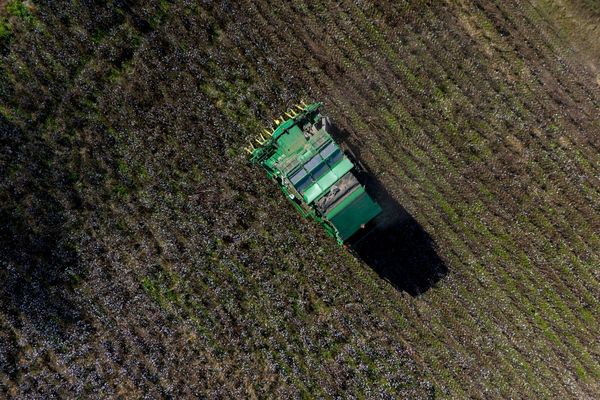
A 12-year-old boy has already been dead for two weeks and should be taken off life support, a High Court judge has ruled in a landmark case.
Doctors treating Archie Battersbee at the Royal London Hospital in Whitechapel, east London, thought that the child was “brain-stem dead”.
It is thought to be the first time someone has been declared “likely” to be dead based on an MRI scan, which the court heard is not as reliable as the usual brain stem test.
They said that life-support treatment should end and the boy should be disconnected from a ventilator, prompting a court battle as his parents, Hollie Dance and Paul Battersbee, pointed out that his heart is still beating.
Archie was found unconscious at home in Southend-on-Sea, Essex, on April 7 and he has not regained consciousness since.
Ms Dance feared he was taking part in the “blackout” social media craze, a highly dangerous stunt challenging people to choke themselves until they pass out from a lack of oxygen.
On Monday, Mrs Justice Arbuthnot ruled that the boy died “at noon on May 31 2022” after MRI scans, and the Barts Health NHS Trust can stop treating him.

The family, backed by the Christian Legal Centre, plan to appeal the ruling and argued it risks “extending the definition of death”, which currently lacks consensus under British law.
“I am devastated and extremely disappointed by the judge’s ruling after weeks of fighting a legal battle when I wanted to be at my little boy’s bedside,” Ms Dance said after the judgment.
“Basing this judgment on an MRI test and that he is ‘likely’ to be dead is not good enough. This is believed to be the first time that someone has been declared ‘likely’ to be dead based on an MRI test.
“The medical expert opinion presented in Court was clear in that the whole concept of ‘brain death’ is now discredited, and in any event, Archie cannot be reliably diagnosed as brain-dead.
“I do not believe Archie has been given enough time. From the beginning, I have always thought ‘Why the rush?’ His heart is still beating, he has gripped my hand and, as his mother, I know he is still in there.”
Archie, who was a keen gymnast, is now breathing by mechanical ventilation. Last month, doctors attempted a brain-stem test, but this could not be completed as he did not react to precursor nerve tests.

Brain-stem testing, such as the apnea test, is the approved test for death by neurological criteria under the Academy of Medical Royal Colleges code of practice. Medical witnesses told the court they have never relied on alternatives.
Instead, MRI and CT scans were used as evidence – which Dr Daniel Shewmon, a US neurologist of 40 years, told the court were “absolutely not” a basis for a reliable diagnosis of death in Archie’s case, as they cannot distinguish between little or no blood flow to the brain.
Describing the case as “tragic”, Mrs Justice Arbuthnot said in a written ruling: “I find that irreversible cessation of brain stem function has been conclusively established.
“I give permission to the medical professionals at the Royal London Hospital to cease to ventilate mechanically Archie Battersbee; to extubate Archie Battersbee; to cease the administration of medication to Archie Battersbee; and not to attempt any cardio or pulmonary resuscitation on Archie Battersbee when cardiac output ceases or respiratory effort ceases.”
She added “the steps I have set out above are lawful” and “his position is not going to improve”.
‘A troubling and dark precedent’
The judge said that, had she not concluded Archie was dead, she would have ruled that it was not in his best interests to stay on life support as this risks sudden death without the chance to say goodbye.
Andrea Williams, the chief executive of the Christian Legal Centre, said: “This ruling sets a troubling and dark precedent. This case has raised significant moral, legal and medical questions as to when a person is dead.”







